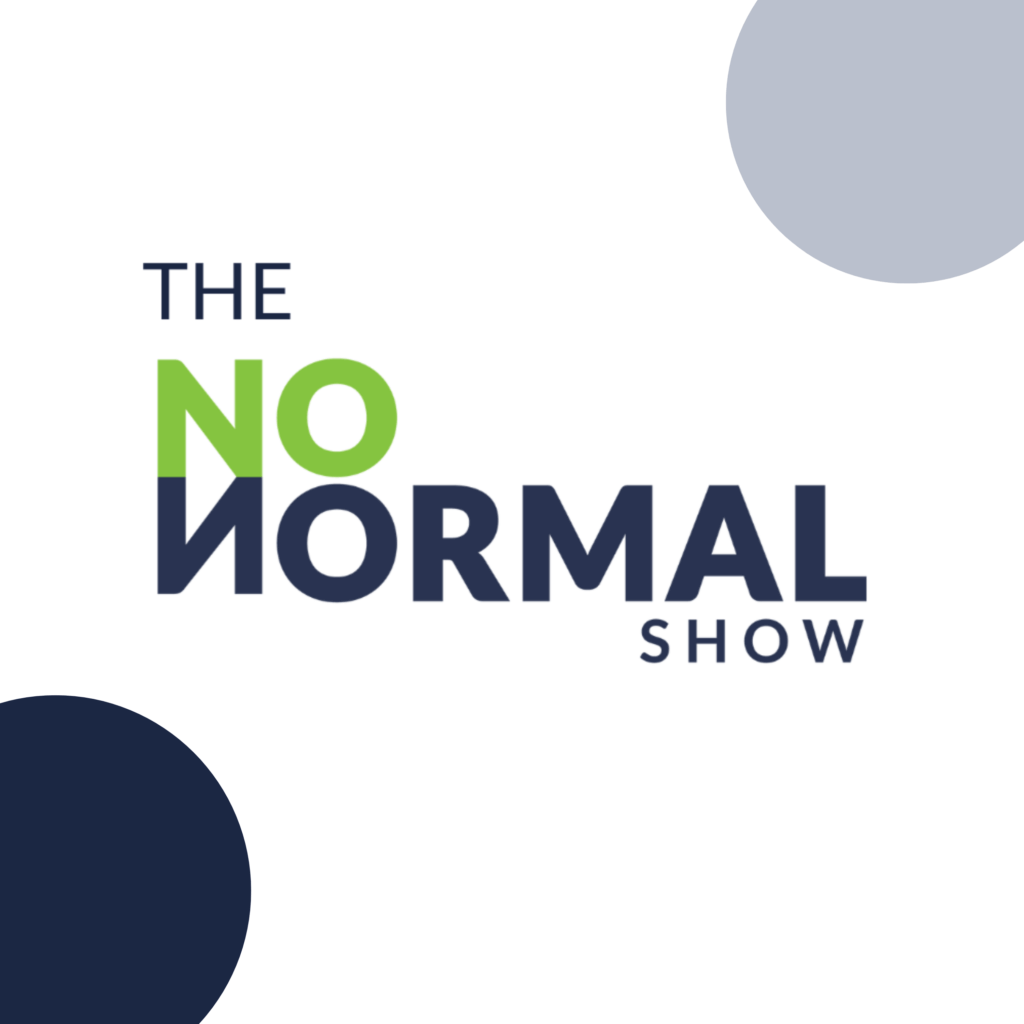Brand Confusion, Hospitality in Healthcare, and the Case for CMO Domination
The great HBO-to-MAX-to-HBO MAX-back-again saga is the branding equivalent of walking in on your CEO wearing Crocs at a board meeting. Technically not wrong, but also—why?
By abandoning the powerhouse HBO name for the generic “Max,” they traded cachet for confusion. Most people didn’t grow up saying, “Cinemax changed my life.” HBO did. So why lead with a weaker brand name like “Max”?
Brands like Starbucks are also doing a cha-cha with identity, subtly reinserting “coffee” back into their branding. Why? Because a company’s legacy matters. Especially when the culture remembers you for your comfy chairs and third-place vibes—not sterile mobile pickups.
Hills to Die On: Healthcare Is in the Business of Hospitality. Or Is It?
Desirée argues that hospitals are, in fact, hospitality. The experience should be patient-first. After all, it’s in the name. “Hospital. Hospitality. Come on!”
It’s easy to lean into the business case: better patient experience = higher satisfaction = stronger commercial volumes.
Chris? He’s pushing back—especially given an inspirational line from The Pit: “We’re not a Taco Bell. We’re an ER.” He’s over the demand that clinical settings should feel like boutique hotels. A warm smile is one thing, but don’t expect red potatoes and grilled asparagus post-appendectomy.
The consensus? It’s not about five-star amenities—it’s about frictionless access, streamlined check-ins, and fewer clipboard marathons. Maybe we don’t need chocolates on the pillow, but we do need to stop faxing medical records like it’s 1997.
The CMO’s Land Grab: What we know from the Future of the CMO Report
The job description is changing—and if you’re reading the Future of the CMO report, you know exactly why. Let’s talk empire-building. Today’s CMOs have two paths:
- The Expansionist – Own experience, communications, and brand strategy.
- The Minimalist – Retreat, focus, and say “not my job” to anything outside core marketing.
Ryan and Chris argue passionately for Expansionist Energy. Comms, particularly, is a muscle waiting to be flexed. In a world where healthcare systems are one crisis away from a headline, owning reputation is a strategic advantage. And no, you don’t need to personally manage every press release—but you do need lieutenants who can handle it.
The playbook? Anticipate issues before they’re on your desk. Payer negotiations, M&A, union shifts—these aren’t only policy fires. They’re reputation landmines. You can’t influence the narrative if you’re not in the room early. And owning comms gets you in the room.
M&A, Messaging, and Missed Opportunities
Speaking of being in the room: CMOs are too often sidelined during mergers and acquisitions. Comms leaders get pulled in early, and marketers are left cleaning up a brand-Frankenstein months later. This is a mistake.
You can’t wait until a merger is announced to figure out your brand story.
Consumers want to know: “What’s in this for me?” That could be better access to care, a new cancer center, or shorter wait times. Whatever it is—say it early and often.
Missed the window? That silence becomes your brand.
Read the transcript here
